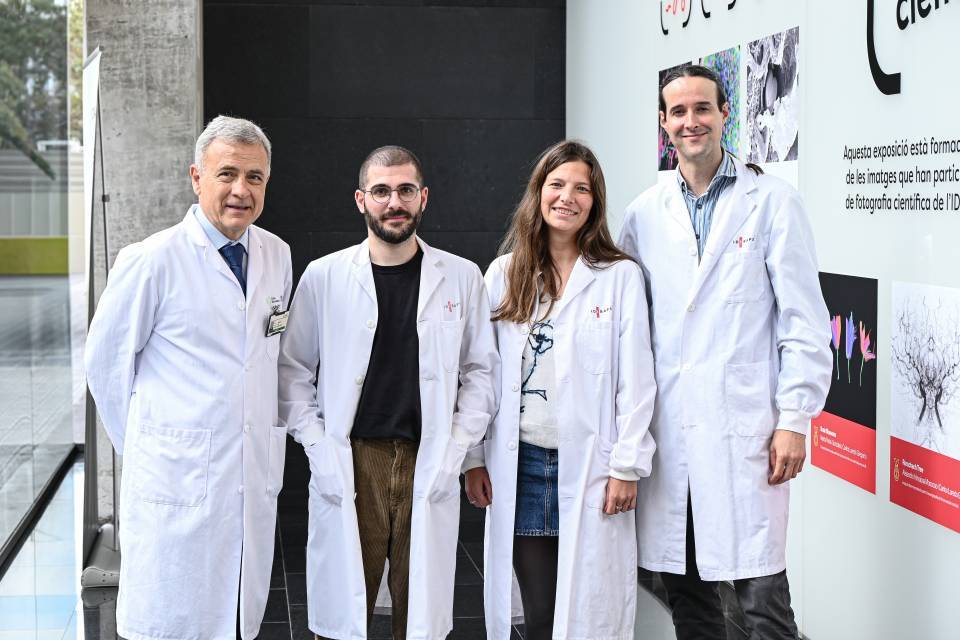A training intervention aimed at healthcare professionals significantly improves the way that they treat patients with atrial fibrillation. This is shown by a study published recently in the journal Nature Medicine, promoted by the European Society of Cardiology with the participation of two Clínic-IDIBAPS researchers in the study’s steering committee: Lluís Mont, head of the IDIBAPS Biopathology and treatment of cardiac arrhythmias research group; and Eduard Guasch, head of the IDIBAPS Arrhythmias and physical activity research group, cardiologist at the Hospital Clínic de Barcelona and head of its Atrial Fibrillation Unit.
The STEEER-AF multi-centre clinical trial evaluated the impact of a structured education programme at 70 healthcare centres across six European countries, including Spain. In total, it included 1,732 patients with atrial fibrillation. The objective was to determine whether an online training programme, lasting a few hours, improves compliance with clinical recommendations in relation to stroke prevention and heart rhythm control.
The results show that training has a clear positive effect on heart rhythm control: adherence to the guidelines increased from 21.4% to 33.9% at those healthcare centres where professionals took the training programme, whereas at centres without training there was no significant change. Although it also improved the way in which strokes were prevented, this improvement was of a lesser magnitude and insufficient to be considered significant.
“The results demonstrate that, despite having very clear recommendations, their application in clinical practice remains suboptimal. But they also show that continuous training for doctors and other healthcare personnel can make a significant difference,” explains Lluís Mont.
The STEEER-AF study concludes that, despite there still being a long way to go, the training of healthcare professionals is an effective tool for reducing the gap between scientific evidence and clinical practice in atrial fibrillation.
According to Eduard Guasch, “this study reinforces the need to invest in well-designed continuing education programmes to improve the quality of patient care and, ultimately, health outcomes.”




